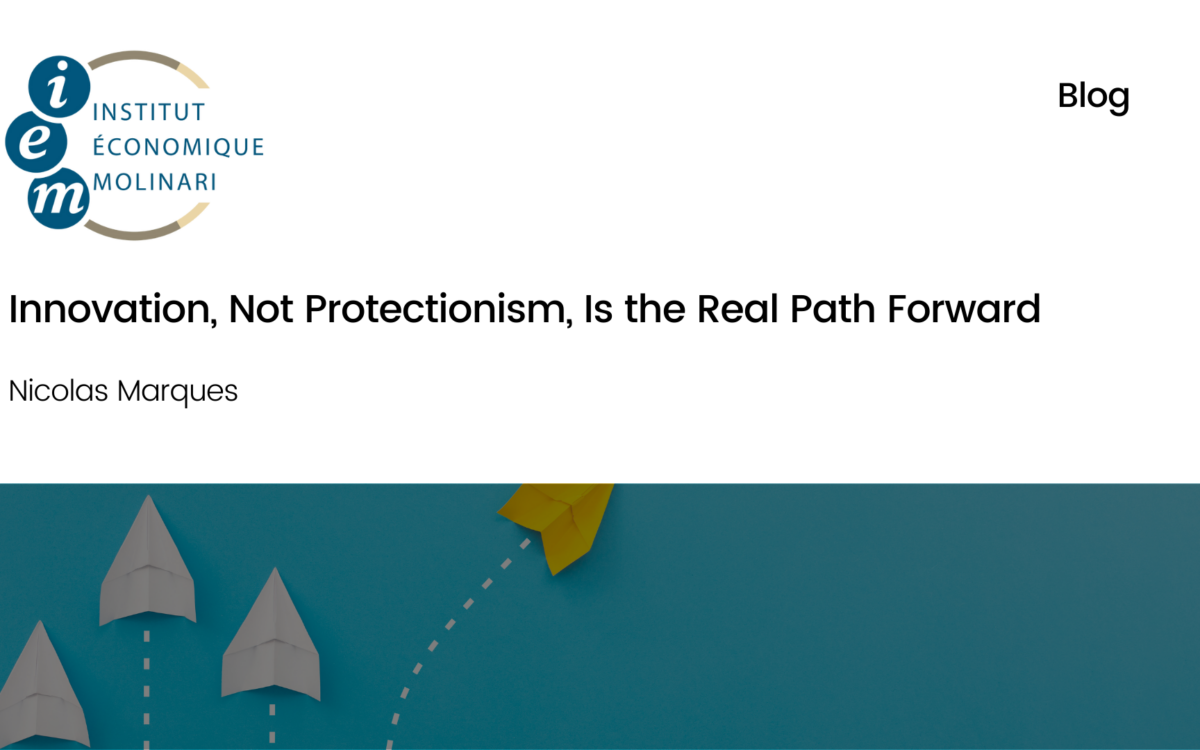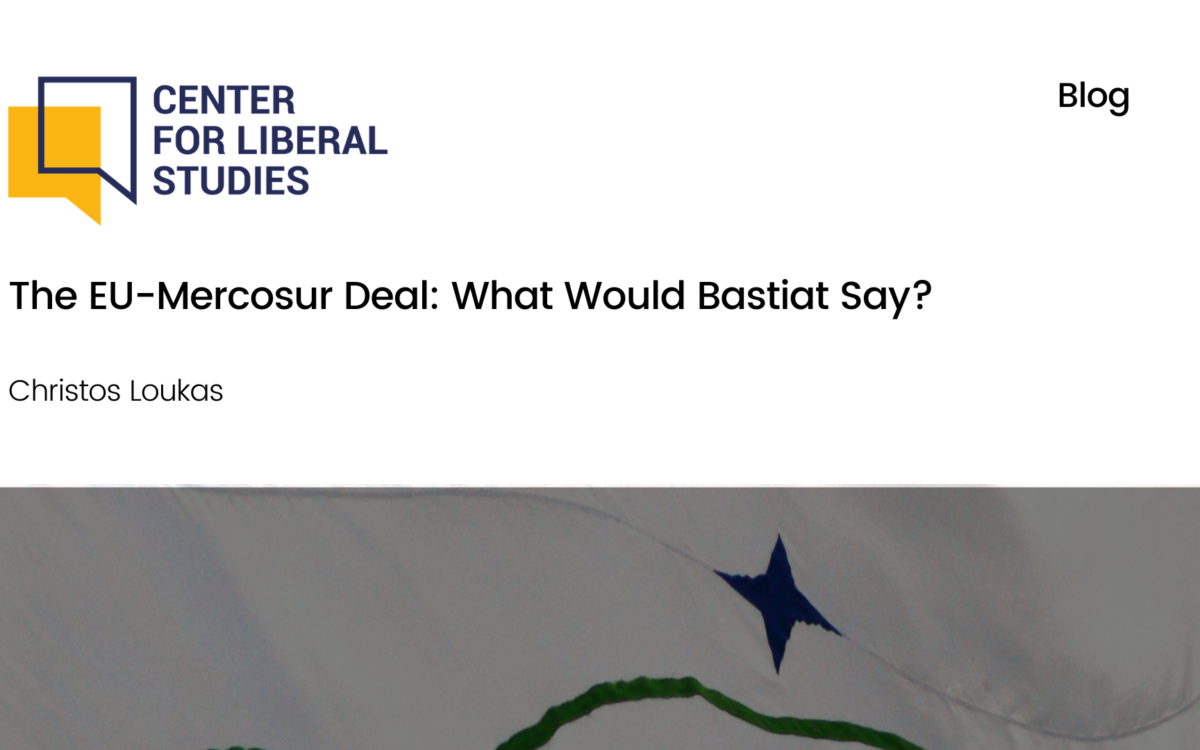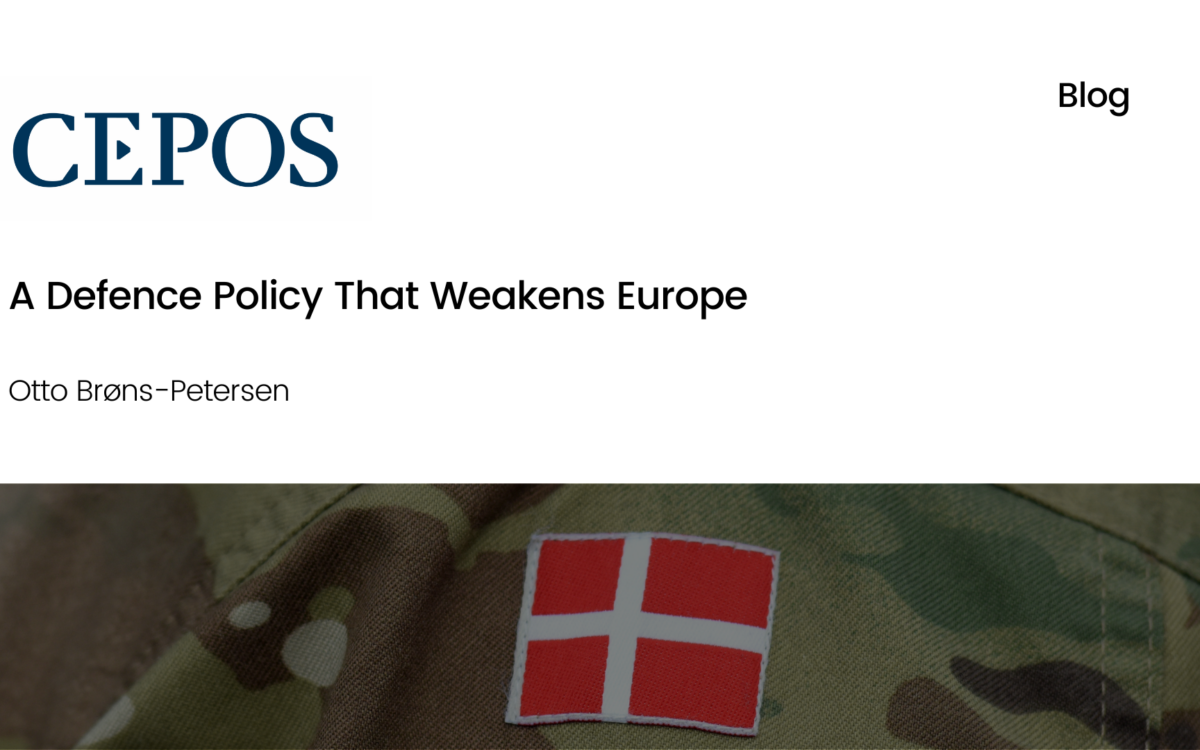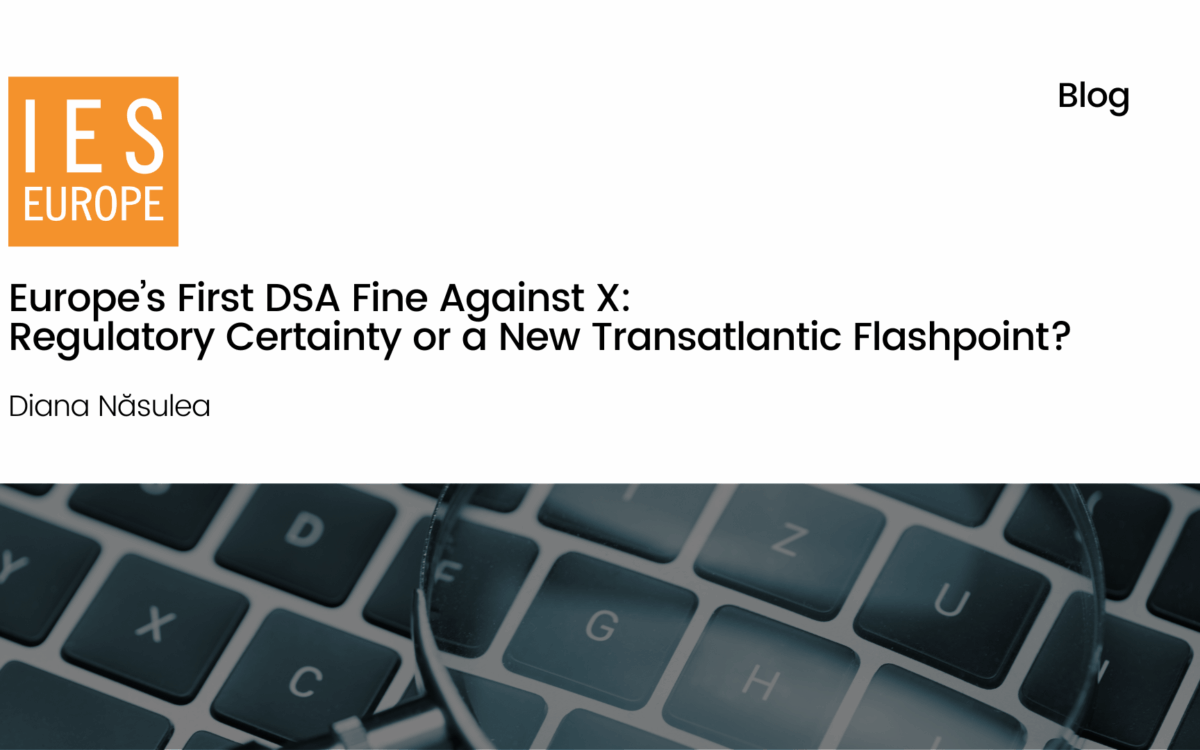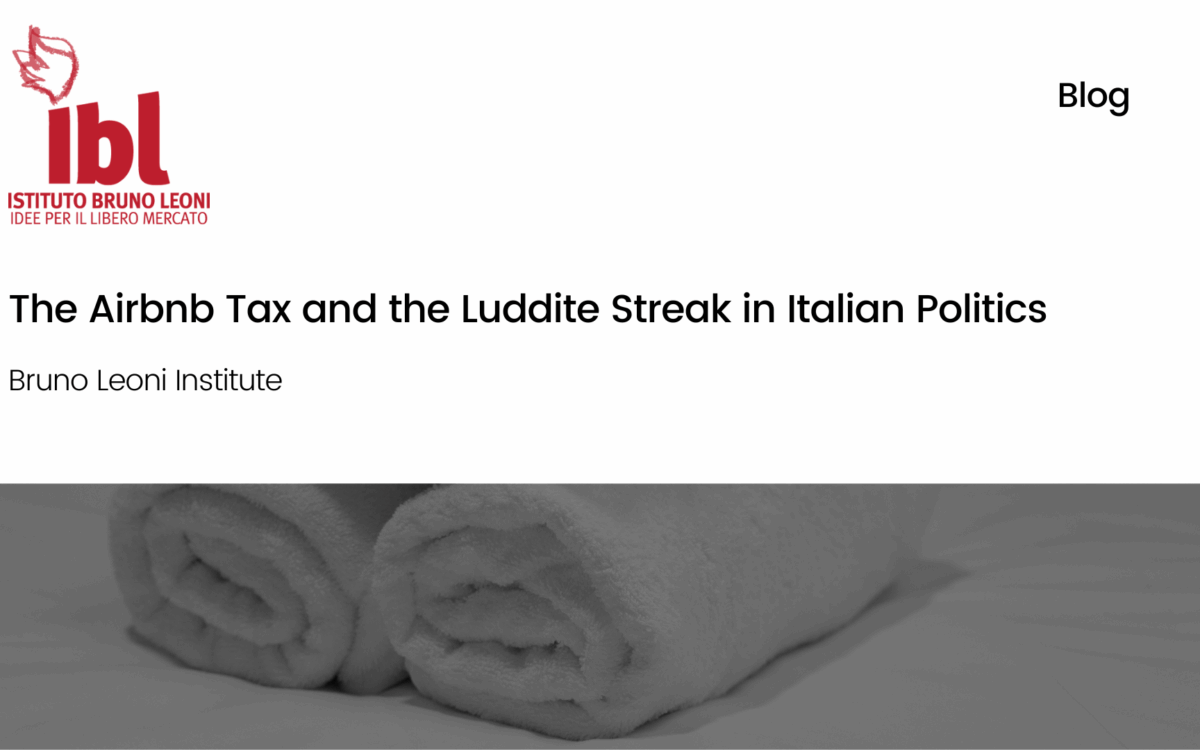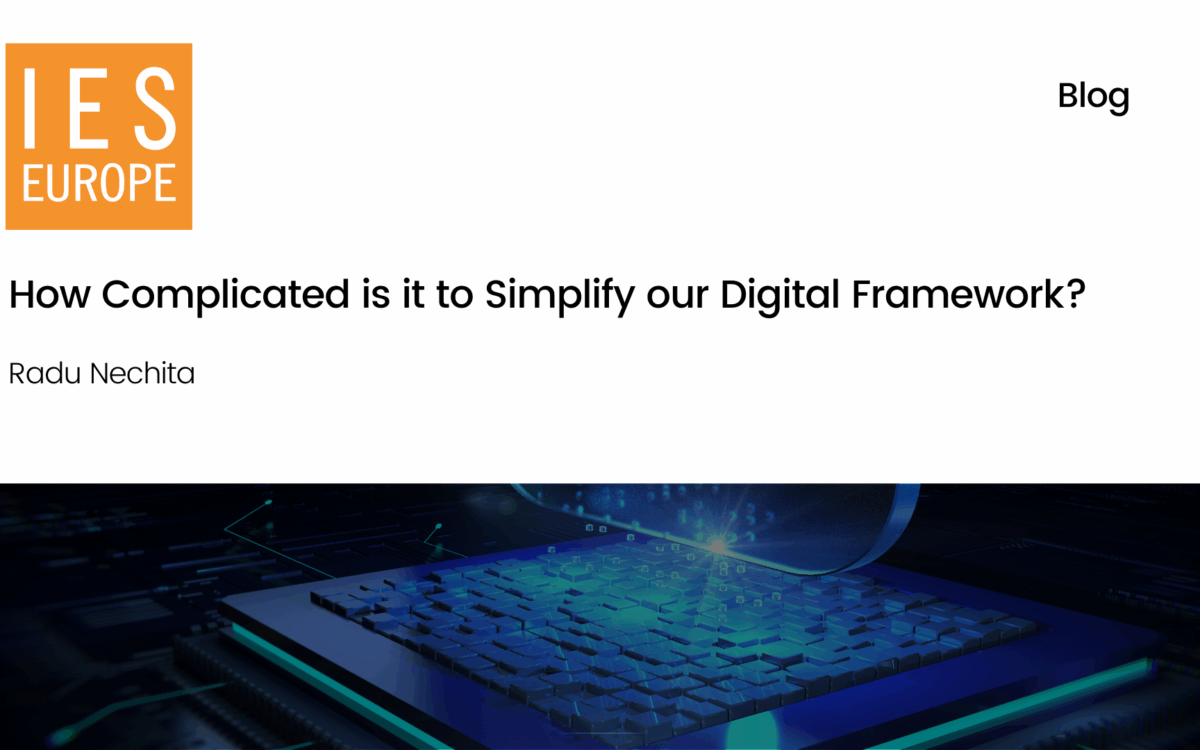Blog
February 10, 2026
With Donald Trump rewriting the rules of international trade, the European economy is doomed to be nothing more than a playground for its competitors, unless, of course, Europe supports a truly ambitious industrial policy.
January 21, 2026
Frédéric Bastiat was a French economist, journalist, and member of the National Assembly after the 1848 revolution.
January 14, 2026
The Danish Social Democrat-Liberal-Moderate coalition government was formed on the grounds that defence must be strengthened and that the bill must be financed through reforms.
January 8, 2026
Donald Trump's threat of a 100% tariff on medicines, with the exception of generics, is for now a blank shot. The announcement led American companies to import more in September, for example, from Switzerland, to increase their stocks.
December 9, 2025
On 5 December 2025, the European Commission announced its first-ever Digital Services Act (DSA) non-compliance decision, issuing a €120 million fine to X (formerly Twitter).
December 4, 2025
Bulgaria is ending 2025, just before its planned entry into the euro area, in a new round of political and fiscal turmoil.
December 2, 2025
“Always more than expected” seems to be the appropriate answer in the case of EU
digital regulation.
November 21, 2025
“Always more than expected” seems to be the appropriate answer in the case of EU
digital regulation.
November 14, 2025
Denmark has taken over the EU presidency, and it is fitting that the government is keen to achieve results.
